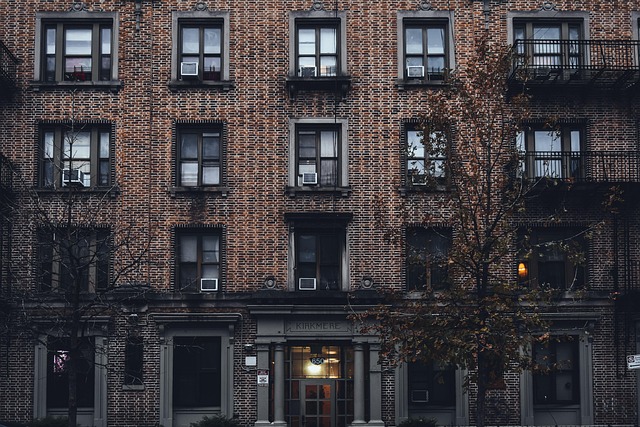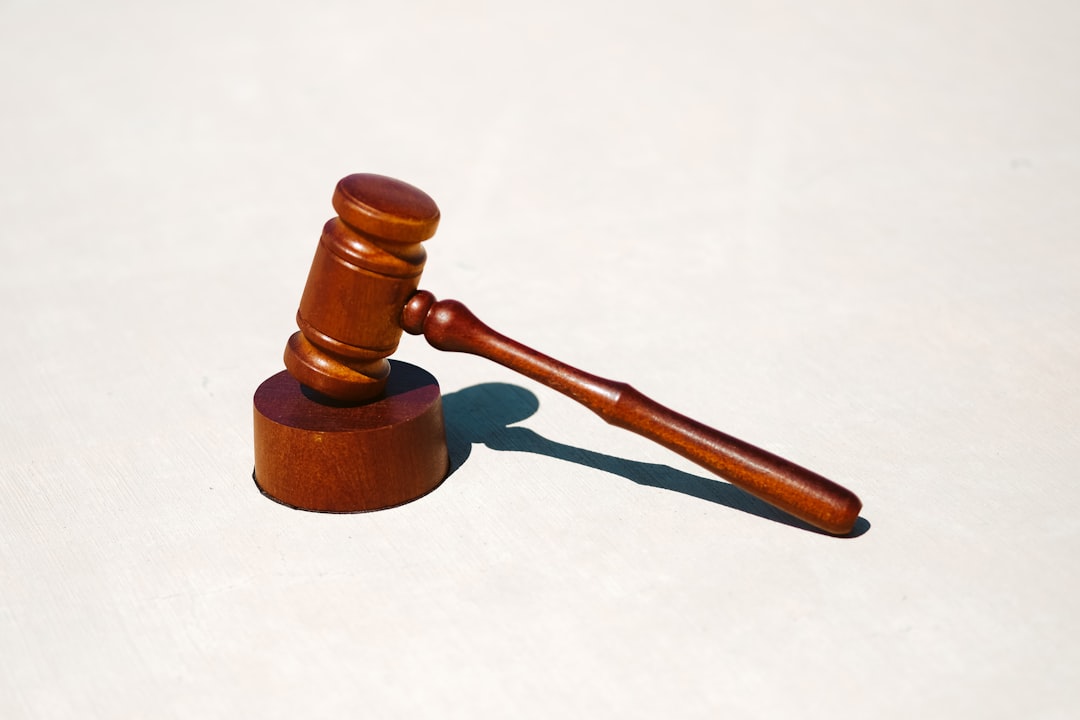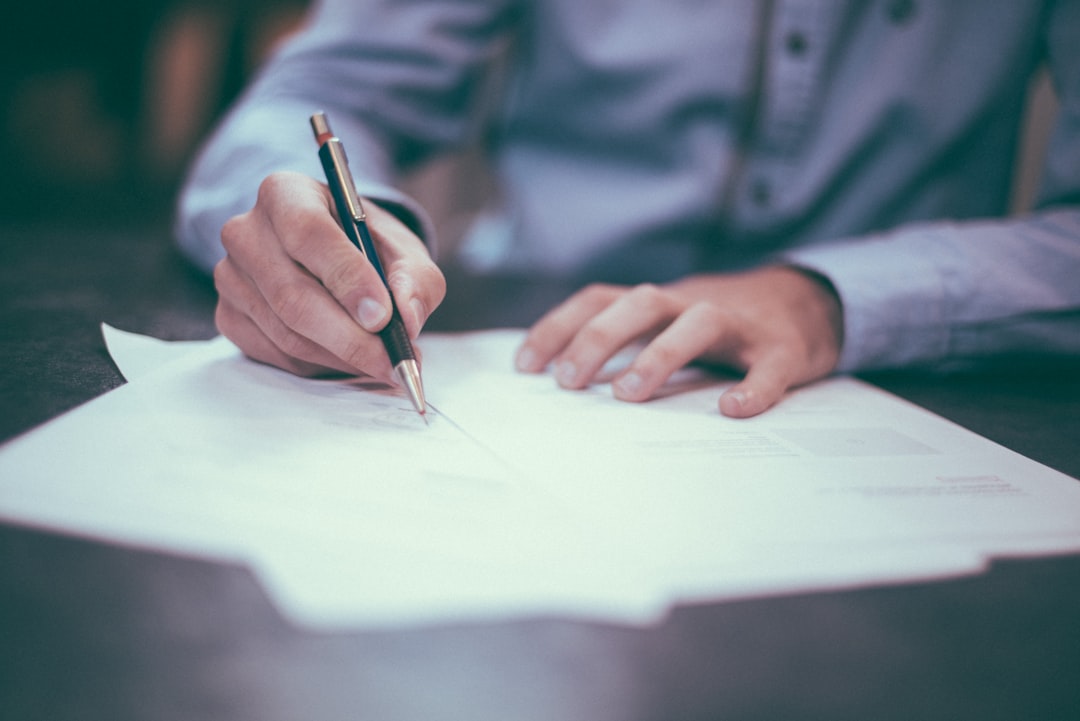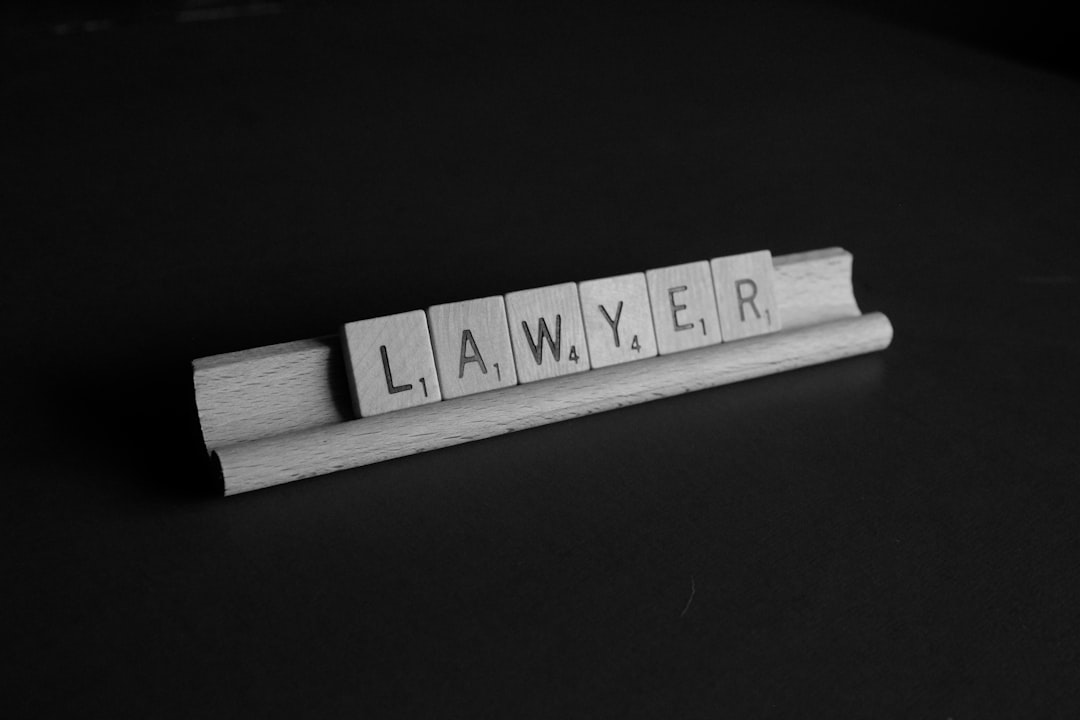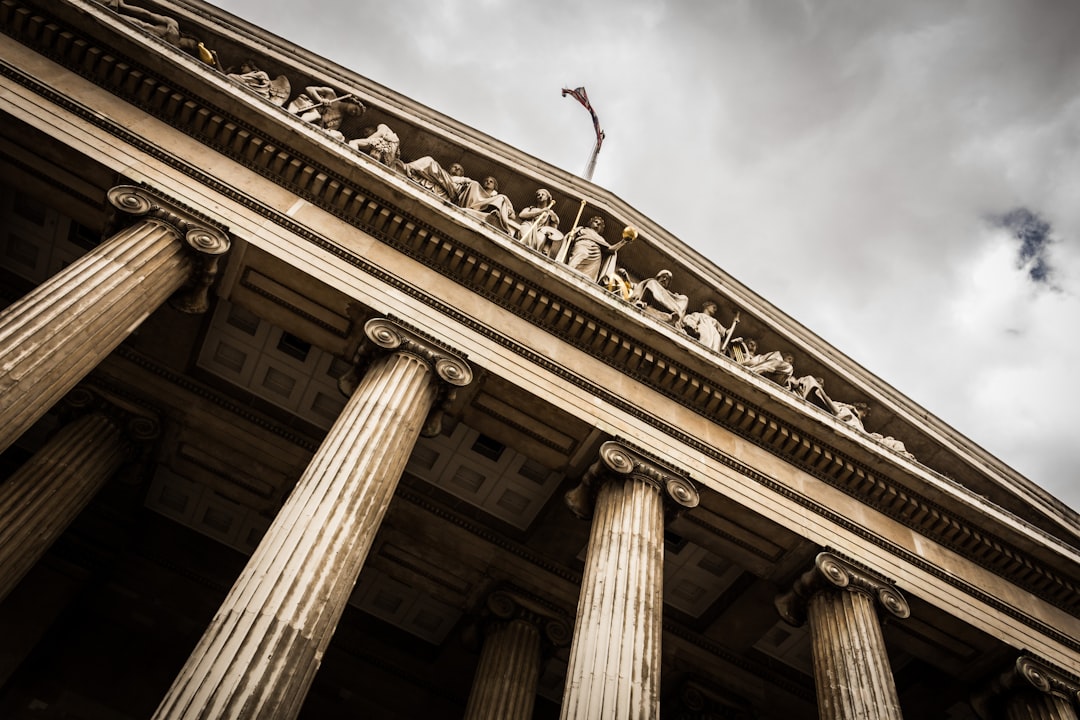In recent years, New York City has witnessed a surge in sexual assault awareness driven by powerful #MeToo movements and marches, transforming the legal landscape for survivors. This shift has led to increased prominence of rape attorneys in New York NY, who specialize in navigating reformed laws and public sentiments to deliver justice. These attorneys play a critical role in interpreting legislation, strategizing cases, gathering evidence, and representing survivors, reflecting broader societal efforts to strengthen legislation and improve victim support systems.
“In recent years, protests have played a pivotal role in shaping the legal landscape for sexual assault in New York City. The growing awareness and advocacy movements have led to significant legal reforms, empowering survivors and holding perpetrators accountable. This article explores the impact of these protests, focusing on how they’ve influenced legislation and the crucial role of rape attorneys in navigating these evolving laws. By examining these changes, we highlight the ongoing fight for justice and safety in New York NY.”
The Rise of Sexual Assault Awareness and Advocacy in New York City

In recent years, New York City has witnessed a significant rise in sexual assault awareness and advocacy, driven largely by powerful protests that have reshaped the legal landscape for survivors. The city’s vibrant activism, highlighted by numerous #MeToo movements and high-profile marches, has not only brought attention to the prevalence of sexual violence but also catalyzed substantial changes in legal procedures and public attitudes towards victims.
This shift is evident in the increased prominence of rape attorneys in New York NY. As a direct result of growing advocacy, legal professionals specializing in sexual assault cases have become vital resources for survivors seeking justice. With more people recognizing their rights and understanding the importance of legal representation, the demand for these specialized lawyers has surged. This trend reflects a broader cultural shift where victims are encouraged to come forward and hold perpetrators accountable.
Legal Reform and Changes: A Direct Impact from Protests
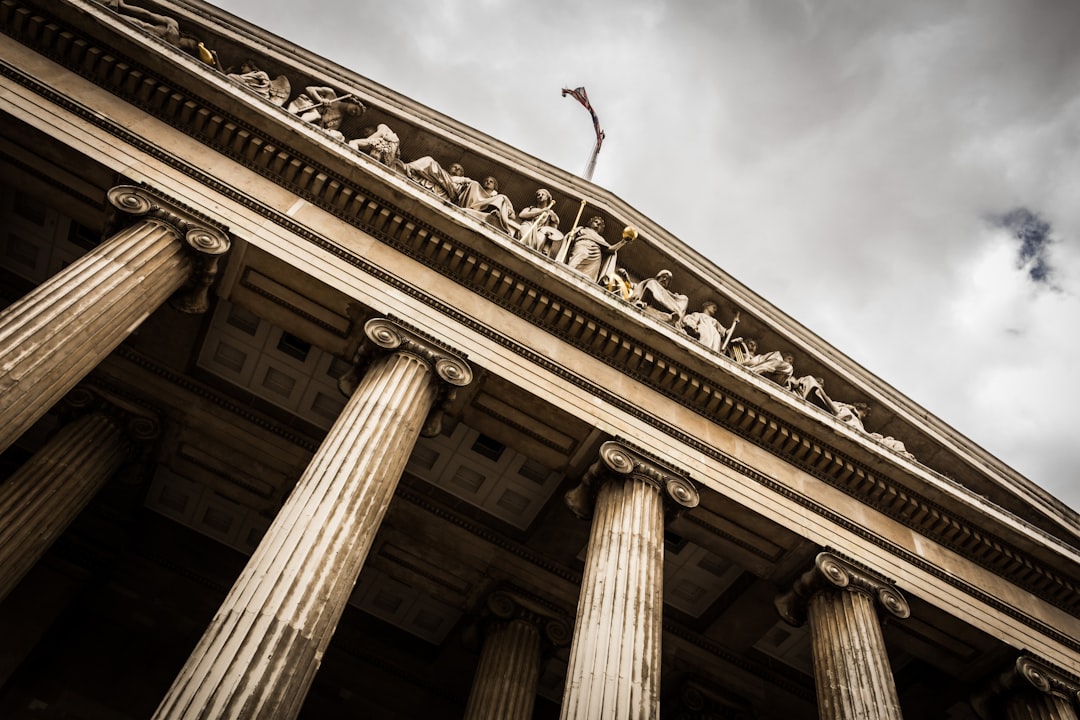
The protests against sexual assault and gender-based violence in New York City have had a profound impact on the legal landscape, leading to significant reforms and changes in legislation. These demonstrations brought attention to the need for more stringent laws and better protection for victims, resulting in various pieces of legislation being passed or proposed. One notable outcome is the increased emphasis on consent education and awareness, with new initiatives aimed at preventing rape and promoting safe sexual practices.
Additionally, the protests catalyzed reforms in the criminal justice system, particularly in how sexual assault cases are handled. This includes changes to laws regarding evidence collection, witness testimony, and the burden of proof, all of which have been influenced by advocates and activists, including dedicated rape attorneys in New York NY. These legal shifts reflect a growing understanding of the complexities surrounding sexual assault cases and a commitment to ensuring justice for survivors.
The Role of Rape Attorneys in Navigating the Evolving Legal Landscape
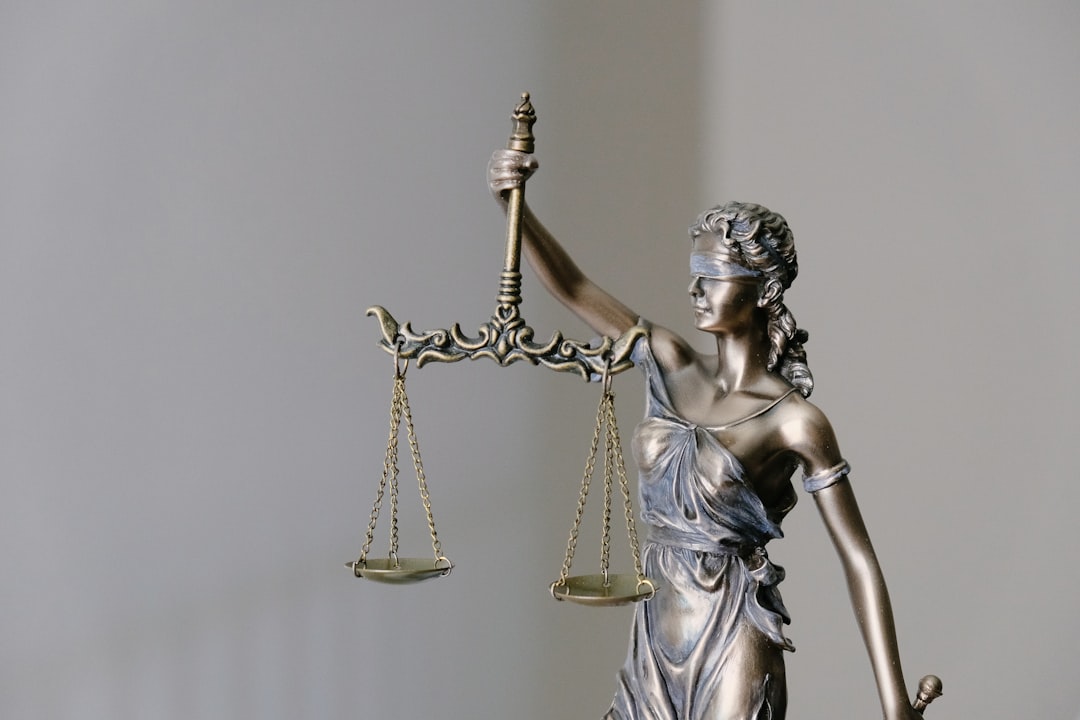
In the evolving legal landscape surrounding sexual assault in New York City, rape attorneys play a pivotal role. These specialists are at the forefront of navigating complex laws and public sentiments that continue to shift. With each protest and social movement, new precedents are set, and legislation is updated, demanding that legal professionals stay abreast of these changes.
Rape attorneys in New York NY must be adept at interpreting and applying revised laws, ensuring their clients receive the most favorable outcomes. They strategize, gather evidence, and represent survivors, often advocating for stricter penalties and improved victim support systems. Their expertise is crucial in a city where protests have sparked meaningful discussions on consent, due process, and the justice system’s responsiveness to sexual assault cases.
